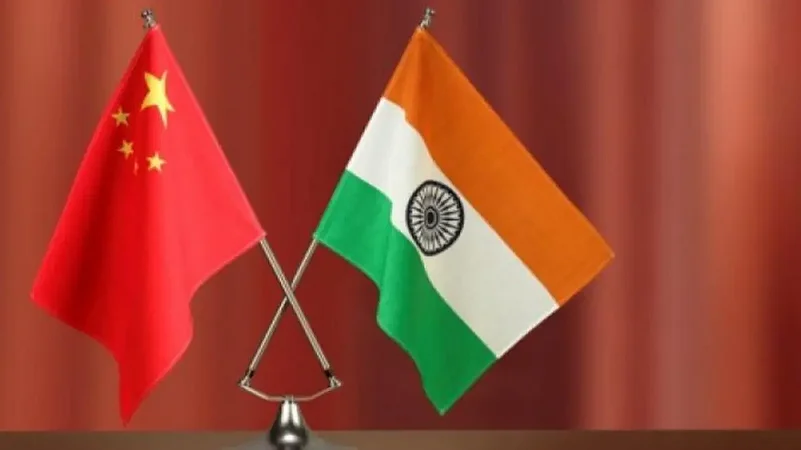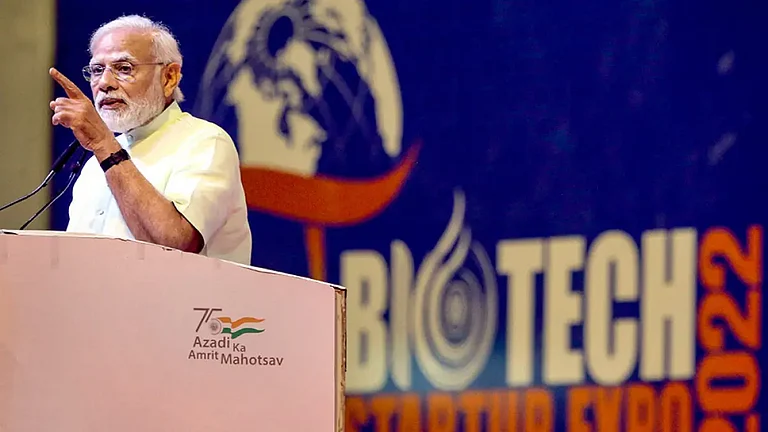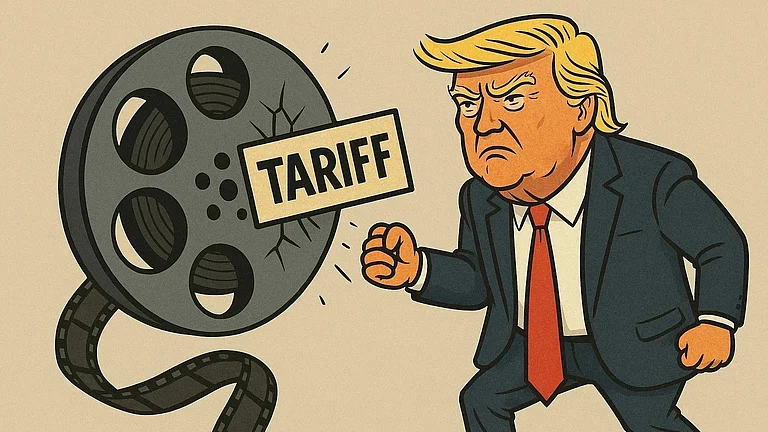
India signals calibrated support for China’s World AI Cooperation Organization (WICO)
Will welcome SCO language on AI cooperation, but avoid formal WICO membership
Seeks to shape global AI norms while preserving strategic autonomy
Plans India-hosted AI Impact Summit (Feb 2026) to push inclusive governance
India is expected to offer tentative support for China’s push to promote a multilateral body on AI governance while stopping short of full membership, the Economic Times reported.
The calibrated stance is likely to surface during Prime Minister Narendra Modi’s visit to China for the Shanghai Cooperation Organisation (SCO) leaders’ summit, where AI cooperation is on the agenda.
Indian officials told reporters they are open to deeper dialogue on AI governance and could endorse language in this year’s SCO leaders’ declaration that welcomes broader cooperation, including China’s newly launched World AI Cooperation Organization (WICO), without committing India to join the body.
“India’s response will be calibrated, but we have always pushed for a greater global cooperation that manages risks as well as promotes innovation,” an unnamed government official said, adding that sustainable, equitable standards are essential.
SCO Talks to Spotlight AI
AI policy is expected to feature prominently in Modi’s meetings with fellow SCO leaders, including Chinese President Xi Jinping and Russian President Vladimir Putin.
The forum has broadened its remit in recent years to address technology risks and shared commitments; last year’s SCO statement emphasised the need to develop and apply AI while working together to prevent its harms. India’s approach appears aimed at keeping channels open to shape norms rather than forging a bloc-aligned position.
New Delhi is simultaneously positioning itself as a voice for inclusive AI governance: officials highlighted plans for an India-hosted AI Impact Summit in New Delhi in February 2026 as part of efforts to shape global standards.
Another official said India can press for the adoption of international norms even if it opts not to enrol in WICO, signalling a preference for flexible engagement across multiple forums.
Shared Ground & Diplomatic Balance
Observers note significant overlap between India and China on several public-facing AI principles, both signed the Paris AI Action Summit’s Declaration on Inclusive and Sustainable AI in 2025, a document that stresses human-centric development and transparency.
That declaration was not signed by the United States or the United Kingdom, which raised separate concerns about governance and national-security implications.
India’s posture appears designed to preserve strategic autonomy: cooperating where possible while avoiding commitments that could constrain its international partnerships.
Why it matters
China’s WICO aims to offer an alternative platform for AI policy influence at a time when global standards remain unsettled.
India’s decision to engage but not immediately join could help it play a mediating role between divergent approaches from Western and non-Western powers, while protecting diplomatic flexibility on technology, trade and security issues.
Diplomats and industry watchers will be monitoring the SCO leaders’ declaration for any explicit references to WICO, readouts from bilateral meetings in Tianjin for signs of concrete cooperation, and announcements about India’s AI Impact Summit to see whether New Delhi will align its agenda with proposals emerging from the SCO.


































